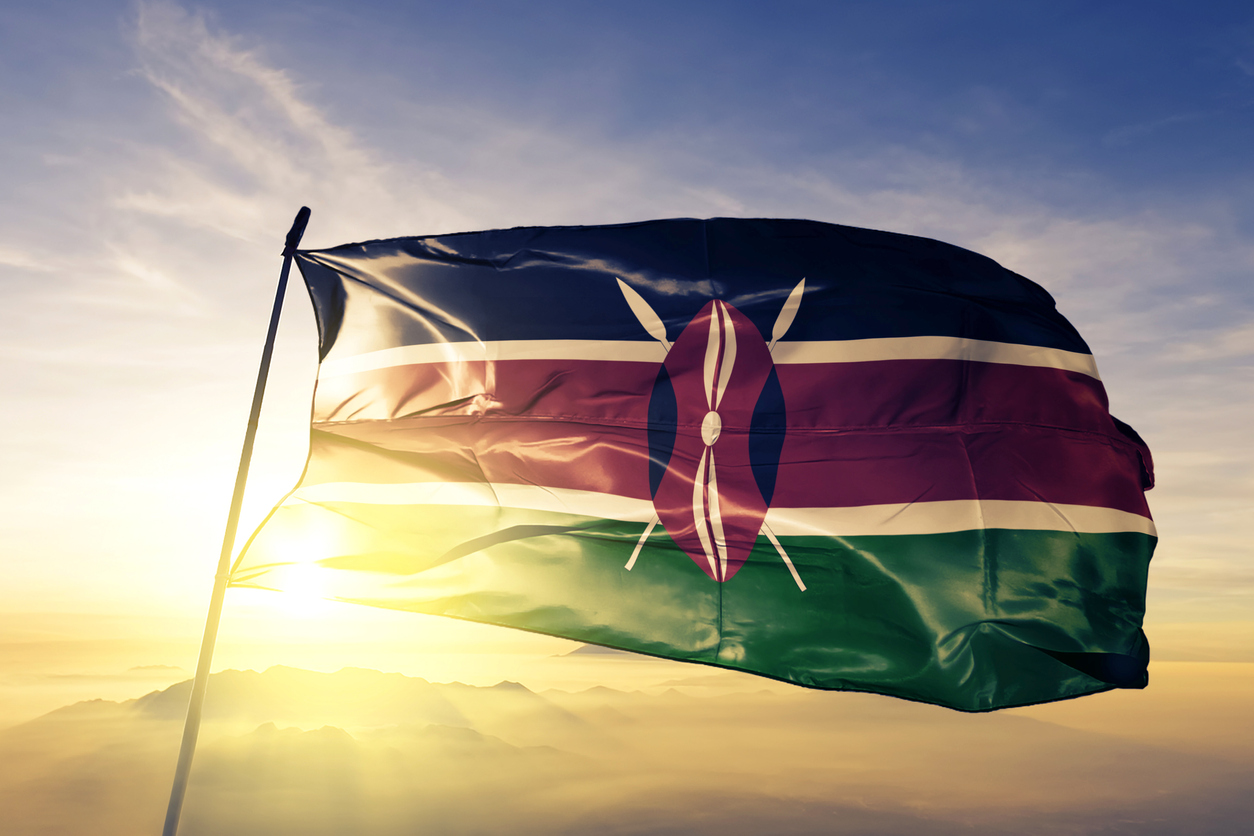A Step-by-Step Guide on How to Ship Goods from Barbados to Kenya
A Step-by-Step Guide on How to Ship Goods from Barbados to Kenya
Shipping goods from Barbados to Kenya can be a daunting task. With varying customs regulations and laws, it can be difficult to understand the exact steps needed to complete the process. To help make it easier, this guide will provide a comprehensive step-by-step overview of how to ship goods from Barbados to Kenya. It will cover everything from obtaining necessary paperwork, understanding the different customs regulations, to finding the right shipping company. By following the steps outlined in this guide, you can ensure that your shipment is shipped quickly and safely. Furthermore, you will be able to save time and money by understanding the process and avoiding costly mistakes. So, if you’re looking to ship goods from Barbados to Kenya, this guide will help you do just that.
Understand the Necessary Paperwork
Before you begin the shipping process, you will need to collect the necessary paperwork. The paperwork needed will depend on the type of goods you are shipping and the country they are being shipped to. When shipping goods from Barbados to Kenya, you will need to collect the following documents: • Bill of lading – This is a document that will show the details of your shipment, including the items, the quantity, and any special instructions. It will also note the destination and amount being paid for the shipment. The Bill of Lading is one of the most important documents in the shipment process. It will serve as proof of booking and can be used to identify any damages or issues that may occur during transit. • Commercial invoice – This document will show the details of your shipment, including the item description, quantity, unit of measure, price, and other pertinent details. This document will be used for Customs clearance when the shipment arrives at its destination. • Origin Certificate – This document shows that the shipment has been inspected and cleared by the relevant authority in your country of origin. The certificate will note any details that might affect the shipment, such as certain conditions, special handling instructions, and whether any special permits or licenses are required.
Research the Different Customs Regulations
Before you book a shipping company and begin the booking process, you will need to understand the different customs regulations. Customs regulations will vary between countries. You will need to understand the regulations for both the country of origin and the destination country. Barbados and Kenya have different customs regulations that must be followed. Before booking a shipping company, you will need to understand and follow the customs regulations. To help you understand the different customs regulations, this section will provide some information on Barbados and Kenya. Barbados is a Caribbean island country that is part of the Lesser Antilles island chain. The country is located in the western part of the chain and is a member of the Caribbean Community. Barbados is often referred to as the “Gem of the Caribbean” due to its beautiful beaches and tropical climate. Barbados is one of the wealthiest and most developed countries in the Caribbean. Barbados has a tropical climate with little difference between seasons. The average temperature is about 27 degrees Celsius (81 degrees Fahrenheit). Barbados is an island with a rich history and culture. It is known for its beauty and tropical climate. Visitors can explore the many beaches, or enjoy a delicious meal at one of the many delicious restaurants.
Choose the Right Shipping Company
Before booking a shipping company, you will need to review the different options. The best way to find the right shipping company is to compare the different options. At first glance, it might seem like you have plenty of options, but in reality, you will likely have a few companies that you can choose from. To help you find the right shipping company, this section will provide some information on the most popular shipping companies. There are many factors to consider when choosing a shipping company. Here are a few key factors to keep in mind when comparing shipping companies: – Cost: The cost of shipping is an important factor to keep in mind when comparing shipping companies. The price of shipping will vary depending on a variety of factors, such as the company you choose, how quickly you need the shipment, and the type of goods that you are shipping. – Insurance: Another important factor to consider when comparing shipping companies is insurance. You will need to decide whether you want cargo insurance or shipping insurance. You can get cargo insurance to cover your shipment if it gets lost or damaged. You can get shipping insurance to cover your losses if the shipper does not arrive on time. – Service: You will also want to find a shipping company that offers high-quality service. You can find out more about the company’s service and past customers’ experiences by reading reviews. You can also ask the company questions about their service and what sets them apart from other companies.
Prepare the Shipment for Shipping
After you have booked a shipping company and selected the best shipping method, you will need to prepare the shipment for shipping. At this point, you will need to gather any information or documents that the shipping company has requested. You will also need to package your items appropriately. This section will provide some information on the steps you will need to take to prepare your shipment for shipping. – Documentation: A critical part of preparing your shipment involves gathering any necessary documentation. Whether you are shipping a commercial shipment or household items, you will likely be required to present certain documentation. Documentation can include certificates of origin, health and safety documents, or other relevant documentation. – Packaging: Another important step in preparing your shipment for shipping is packaging. You will want to make sure that your items are properly packaged to prevent damage during transit. The type of packaging that you choose will depend on the items you are shipping. You can use wooden crates, shipping containers, or other types of boxes to pack and ship your items.
Calculate the Shipping Costs
After you have prepared your shipment for shipping, you will need to calculate the shipping costs. You can use a shipping calculator to get a rough estimate of the shipping costs. You will likely get a more precise estimate after you have booked the shipping company. At this point, you will have a final weight and volume of your shipment. Once you have these figures, you can use the shipping calculator to get a more accurate estimate. This section will provide some information on calculating shipping costs. To calculate shipping costs, you will need to know the weight of your shipment and the volume of your shipment. You can find these figures by using a scale or measuring your packaged items. Once you have these figures, you can use a shipping calculator to get a rough estimate of the shipping costs.
Track the Shipment
After you have booked a shipping company and prepared your shipment for shipping, you will need to track the shipment. There are a few ways to track your shipment. You can use a tracking number provided by the shipping company, you can use an online tracking system, or you can use an app on your phone. This section will provide some information on tracking your shipment. There are a variety of ways to track your shipment. You can use a tracking number provided by the shipping company, you can use an online tracking system, or you can use an app on your phone. You should track your shipment as soon as it leaves so that you can identify any issues or delays.
Understand the Payment Options
After you have booked a shipping company and prepared your shipment for shipping, you will need to make payment. The payment terms that you choose will depend on the shipping company that you choose. There are a variety of payment options that you can choose for your shipment. This section will provide some information on the payment options that you can choose for your shipment. There are a variety of payment options for shipping companies. You can pay for your shipment with a credit card, debit card, or other payment method. There are also different payment terms that you can choose, such as paying upfront or paying after delivery.
Receive the Shipment
After your shipment has been shipped, you can sit back and relax while you wait for your shipment to arrive. Once your shipment has arrived, you will need to make sure that you properly receive the shipment. To help you receive your shipment properly, this section will provide some information on the steps you will need to take. When your shipment arrives, you will need to sign for the shipment and carefully examine it to make sure that it was not damaged during transit. If your shipment is damaged, you can contact the shipping company to file a claim.
Handle Any Issues
After your shipment has been received, you will need to handle any issues. There are a variety of issues that you might encounter after receiving your shipment








LEAVE A COMMENT
You must be logged in to post a comment.